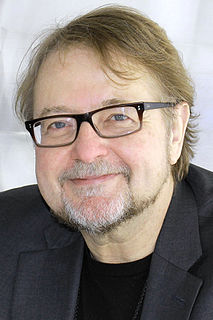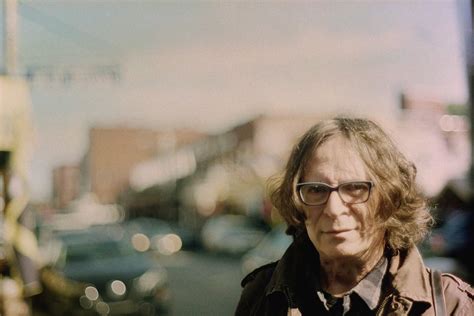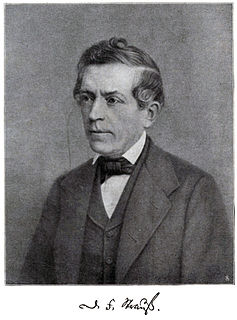A Quote by Ruth Ware
We are unreliable narrators - all of us.
Quote Topics
Related Quotes
Ezra clapped his hands. "all right," he said. "In addition to the books we're reading as a class, I want to do an extra side project on unreliable narrators." Devon Arliss raised her hand. "what does that mean?" Ezra strode around the room. "well, the narrator tells us the story in the book, right? But what if... the narrator isn't telling us the truth? Maybe he's telling us his skewed version of the story to get you on his side. Or to scare you. Or maybe he's crazy!
I think the large part of the function of the Internet is it is archival. It's unreliable to the extent that word on the street is unreliable. It's no more unreliable than that. You can find the truth on the street if you work at it. I don't think of the Internet or the virtual as being inherently inferior to the so-called real.
The narrators get into trouble and make fools of themselves with their perversely impulsive fondlings of the language. These people have retreated from the world, in which they keep falling short, and into language, where they fall even shorter. The narrators aggrandize their every plaint and lurid insight into verbal formations that betray their fatuity as speakers and even as hosts of their own bodies and souls.
The designation of the locality in one excludes the appearances narrated by the rest; the determination of time in another leaves no space for the narratives of his fellow-evangelists; the enumeration of a third is given without any regard to the events reported by his predecessors; lastly, among several appearances recounted by various narrators, each claims to be the last, and yet has nothing in common with the others. Hence nothing but wilful blindness can prevent the perception that no one of the narrators knew and presupposed what another records.
The worry that unreflective belief acquisition may be unreliable, after all, applies equally to reflective belief acquisition: it too may be unreliable. To my mind, the plausibility of internalist views about justification is dramatically decreased when one becomes vividly aware of what introspection and reflection actually achieve.


































